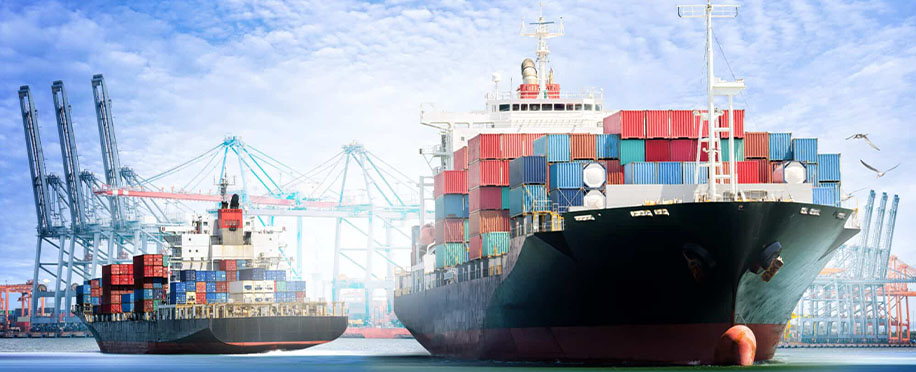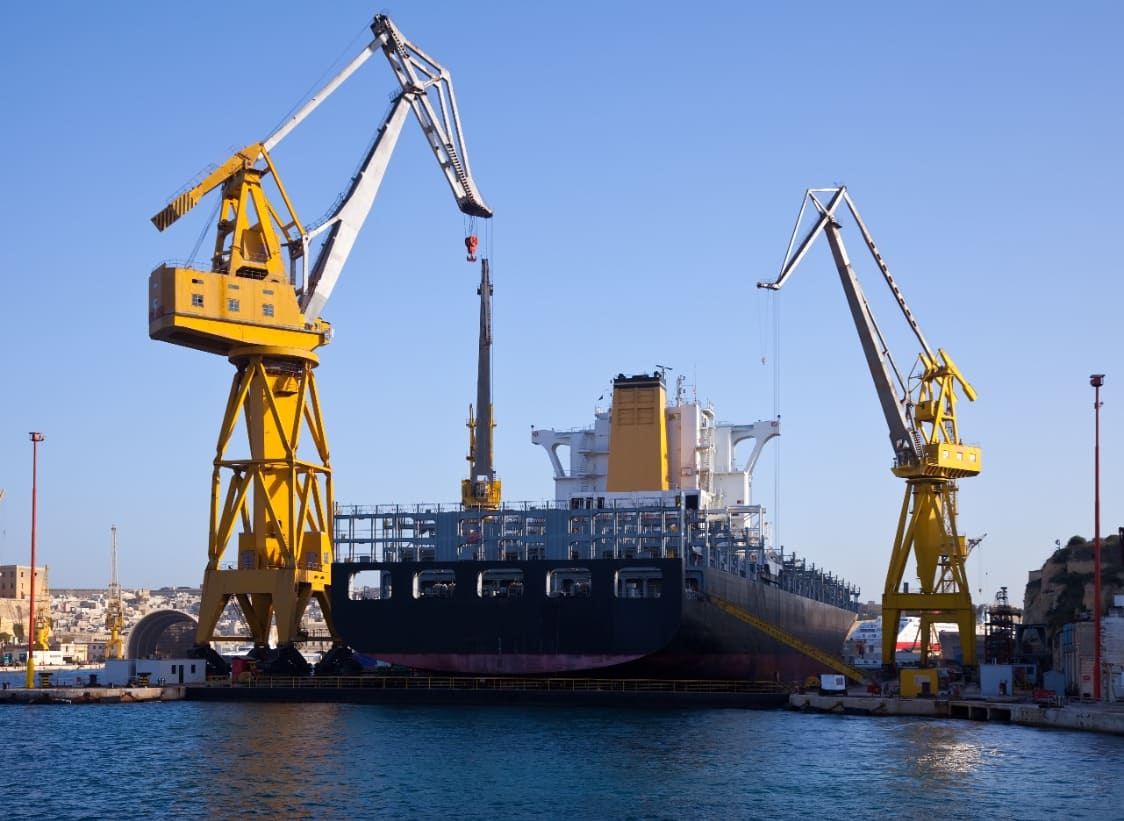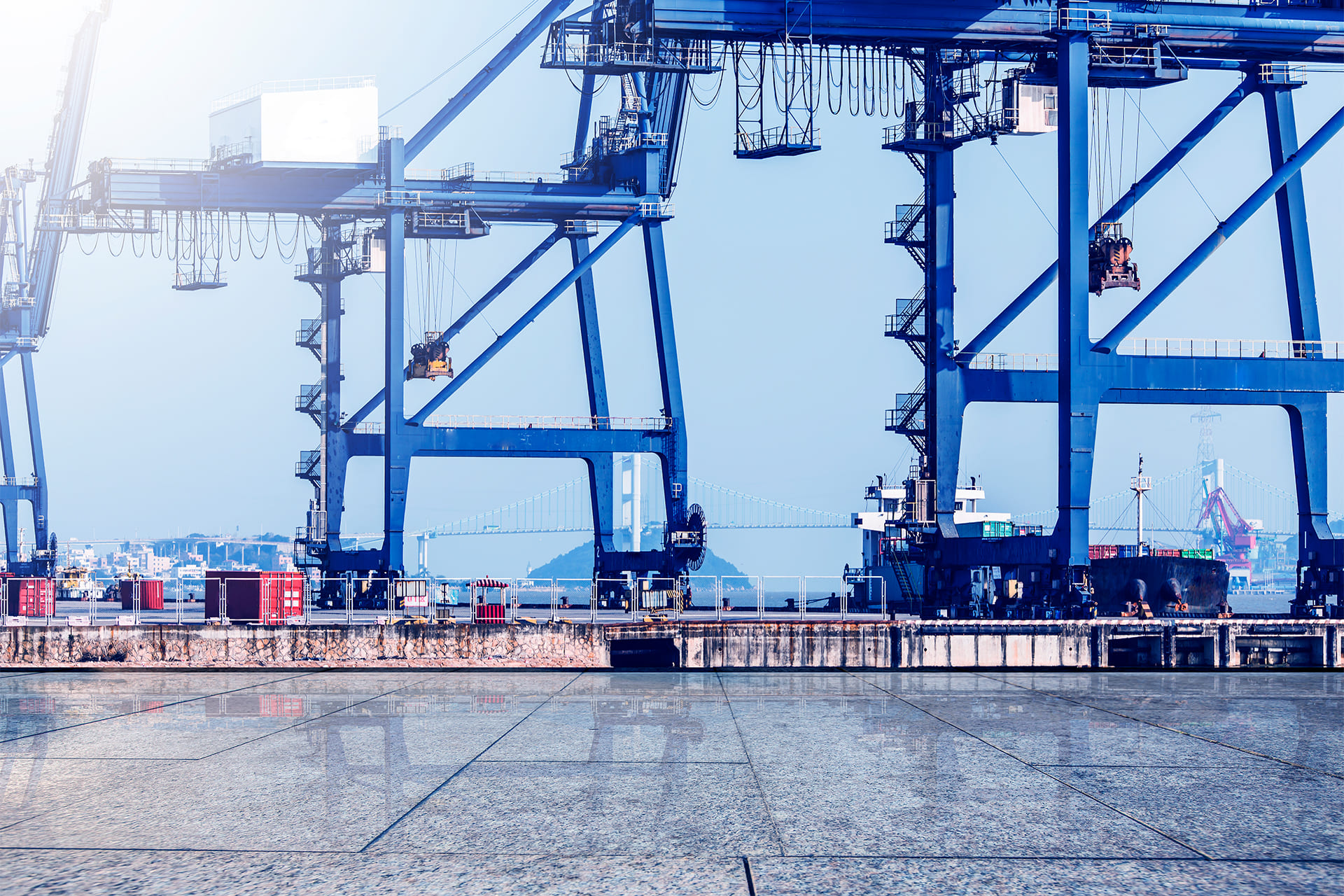The Digital Wave: How Technology is Transforming Maritime Logistics

Posted on Jun 23, 2023 at 11:06 PM
Maritime logistics has become one of the essential concepts for maintaining and improving the supply chain process, thus changing the economic structure of any region. That's why many companies today are competing to excel in this new and transformative field.
While it is hard to master what you don't know, this article offers insight into maritime logistics and its latest technologies in 2023.
Maritime logistics defined the past vs the future.
Maritime logistics are a tricky concept; on the one hand, naval transport describes the part of the marine supply chain which involves shipping freight or passengers on cargo from one port to another. Logistics, on the other hand, is traditionally concerned with managing and maintaining transportation services in the shipping trade.
However, can we be delighted with such a definition of maritime logistics?
In contrast with its traditional counterpart, the latest definition of maritime logistics takes a step further to stress the increasing importance of technology and digitalisation in the industry and emphasise the need for modern solutions for transportation challenges while sips are offshore.
Be it Big data and the Internet of Things (IoT) or artificial intelligence, it's no wonder that maritime logistics and services need a global movement to include new and improved technologies in the international marine sector.
Current trends in maritime logistics
New technologies in the maritime logistics sector focus on developing our knowledge of marine programs through various methods: advanced data analytics, machine learning, and artificial intelligence. Here's an overview of some of these technologies:
-
Internet of things
The Internet of Things is one of the leading marine technologies used to provide logistics services; that's because when ships are out in the ocean, the only effective form of communication available for cargo (especially the ones in the depth of the water) is the internet, which makes the internet the logistic backbone of maritime transportation.
IoT sensors, one of the many valuable applications of the IoT, are used as part of the maritime logistics support system to track cargo movements, monitor vessel performance, and improve supply chains' visibility.
These sensors are essential for maritime logistics because they provide real-time data on cargo location, temperature, humidity, and other container variables, enabling logistics companies to optimise complex transportation operations and improve delivery times.
-
Artificial intelligence
Artificial intelligence, data analysis and deep learning are a few of the primary principles when leveraging advanced technologies in the maritime logistics industry. Using AI and data analysis, logistics companies can guide the transportation processes and create better ones in the industry.
Moreover, AI can play a massive role in maritime logistics. For example, in planning vessel routes, an AI can use data science to analyse environmental factors, including weather patterns, sea conditions, and vessel performance, to optimise vessel routing and reduce energy consumption.
In addition to route planning, AI improves safety systems and handles logistical issues that require professional assistance.
-
Autonomous control
Autonomous control is one of the core concepts in maritime security, as it enables businesses and ports to protect their assets and people better.
The key to using this technology is that companies can associate it with advanced technologies, such as sensors and cameras, to monitor their vessels and facilities in real-time and get news and alerts about potential security threats.
On a larger scale, this technology promises to shift the idea of transporting by sea as it enables businesses to operate vessels without the need for human crews, reducing the risk of accidents and human error and playing a role in enhancing maritime safety.

The digital wave: How to use these technologies in your best interest?
As a business owner or an entrepreneur, it's no doubt that you're looking to master these technologies if you wish to improve your company. Although there's a long road ahead if you want to be a maritime technology specialist, here are some ways you can start your journey:
-
Get licensed in a specific major of shipping.
If you want to get involved in product distribution by sea, choose one of the many majors focusing on logistics, transportation, and supply chain management. These programs will provide you with the foundational knowledge you need to understand the complexities of the maritime industry.
-
Stay informed
Keep up with the latest news and developments in maritime technology by reading an industry publication, gaining a certificate, attending Maritime Logistics Courses, and networking with other professionals in the field. This will help you stay ahead of the curve and identify new opportunities for innovation.
-
Build an intense experience.
If you want to enter the maritime trade or score maritime logistics jobs, starting in the field and slowly working your way up to become a specialist is essential.
The digital wave in maritime logistics presents many opportunities for businesses to improve their operations and gain a competitive edge. Investing in developing your maritime logistics strategy can position your business for success in the digital age.
Read more:
- Smooth Sailing: Best Practices for Ship Finance and Accounting Management
- The Best Practices for Enhancing Maritime Safety in 2023
Related Articles
There are no articles!


